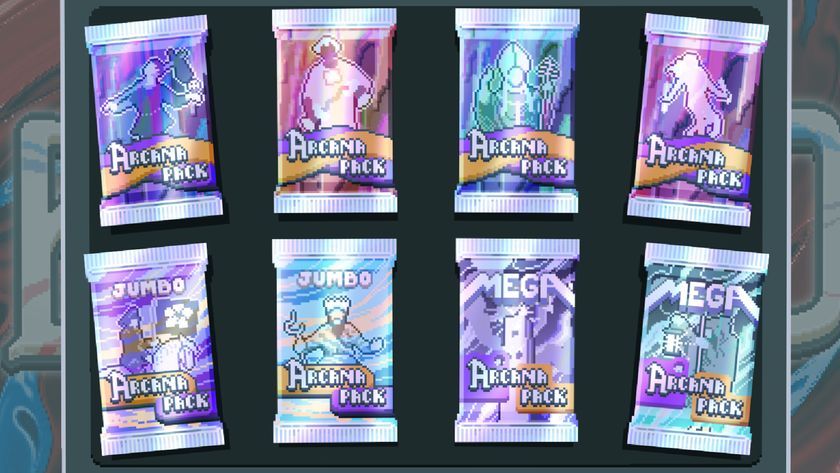Why do we return to games?

The pot of spaghetti my grandma put on the stove last night is simmering slowly. She stands next to it, chopping up the last of the ingredients to slide into the bubbling mass as its deep and tomato-filled aroma wafts around the house. My dog, still in his gangly yearling stage, careens around the corner as my grandfather once again throws his favorite raggedy toy. My dad is out front in the snow futilely shoveling the walk, my mom is hanging ornaments on the tree. My older brother is curled up on the couch watching the christmas special on TV, and I’m in the chair next to him. In my hands is my new Game boy Advance SP with Fire Emblem is sticking out the bottom. I am cozy in the old and baggy sweatshirt that finally became too small for my brother, the Frank Sinatra Christmas album is playing (and will be for this entire Christmas Season) in the background, and my entire universe is invested in helping Lyn, Eliwood, and Hector complete their mission.
I replay that game regularly, and every time I pick it up it takes me back to one of the best memories of my life, Christmas 2003. It’s not like back then I was playing it with the intent of ingraining a faction of my life into a game, but for some reason it happened. Why? Because, as I’ve come to understand through entrenching my life in this industry, video games are an escapist medium. We enter their worlds for something that we cannot obtain in ours, because they are a different universe entirely from our actual existence. We want to feel empowered, we want to feel important, we want to let off steam, we want to know what it’s like being perceived as someone we’re not: so we go in, play the game, poke our heads out to go about life, then go back into the game. Rinse and repeat until your two lives interweave to the point where you’re not sure which one is affecting which.
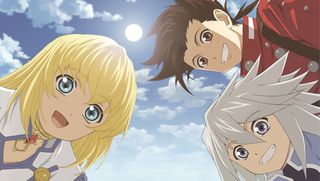
When I was in 5th grade my mom had a pretty invasive surgery. Instead of facing the reality of what might happen alone, I stuck my head into Tales of Symphonia and focused all my attention into that game until she was better. In the world of the game there were problems that were solved simply, issues were easily fixed through friendship, and I as a young boy still had agency and power. Yes Marble’s storyline made me cry a lot harder than it should've, but dammit if that game wasn’t the best form of therapy I could have gotten. And now that’s exactly what I think of when I play that game: a difficult time in my life. It’s as if I had worked out that painful time through that game, the two were inseparable to me because they had become the same experience. In fact, I have this with a lot of games. Advanced Wars reminds me of summers on Hilton Head Island, Phantasy Star Online reminds me of Catholic school and lumpia made by the mom of my best friend Pito. It’s always surprising when I dig up an old game and instantly get teleported to another time in my life.
Funnily, this article started out as a quippy statement from a fellow editor here at GamesRadar: “When I’m playing FFXIV,” Lucas said one day, “all I was thinking was, man, I wish I were playing WoW.” We laughed and chalked it up to WoW being more of a “popcorn MMO.” But after a few more minutes of talking we realized it was about something else: World of Warcraft was comfortable for him. Every day for two years in high school he would come back home and hop on the computer with his Horde friends. He would get on knowing what to expect, he would enact that self-fulfilling prophecy and achieve that expectation, and he would leave satisfied. WoW was comfortable for him, it was broken in. Old games are like a well worn pair of shoes: you slip into them and are relieved by memories and a history together. They fit you emotionally tighter than anything new physically could.
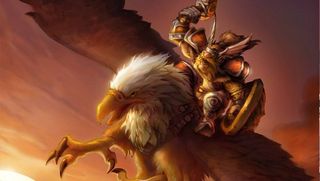
And that I think could be one of the major problems facing new games, and the issue that Lucas had with FFXIV. New games are soulless, they’re waiting to be filled by the player’s life as they play through them. Video games are an interactive artistic medium, you need to give as much as you get from them. It takes an investment by a gamer to like a game, we don’t throw our investment around lightly. That’s the power and curse of video games, and I think, truly, something that takes a while to understand. When we defend a game to the grave, we’re not only defending the game, we’re defending our own feelings and the life we put into that game. It makes everything intensely personal doesn’t it? We’re saying, “I liked this game and had a good connection with it,” so then when someone disagrees they not only are condemning the game but also that connection we had.
I wrote this editorial to work out for myself why we go back to games that we’ve played, and I think it comes to a word in the last paragraph: comfort. Old games are comfortable, they are old friends. And what’s better than after a long day, getting home, changing into comfy clothes, wrapping up in a blanket, and settling down with an old friend? Nothing. Absolutely nothing.
If you have a video game memory you feel like sharing I'd love to hear it. Just leave it in the comments below so we can all wallow in nostalgia together.
Sign up to the 12DOVE Newsletter
Weekly digests, tales from the communities you love, and more
You know that kid at parties who talks too much? Drink in hand, way too enthusiastic,ponderously well-educated in topics no one in their right mind should know about? Loud? Well,that kid’s occasionally us. GR Editorials is a semi-regular feature where we share our informed insights on the news at hand. Sharp, funny, and finger-on-the-pulse, it’s the information you need to know even when you don’t know you need it.
Zach was once an Associate Editor for Future, but has since moved into games development. He's worked at EA and Sledgehammer Games, but is now Narrative Director on League of Legends and Valorant at Riot Games.
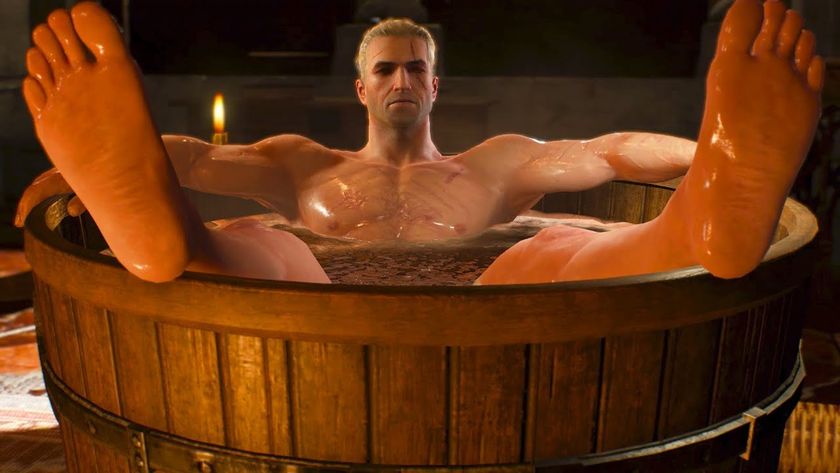
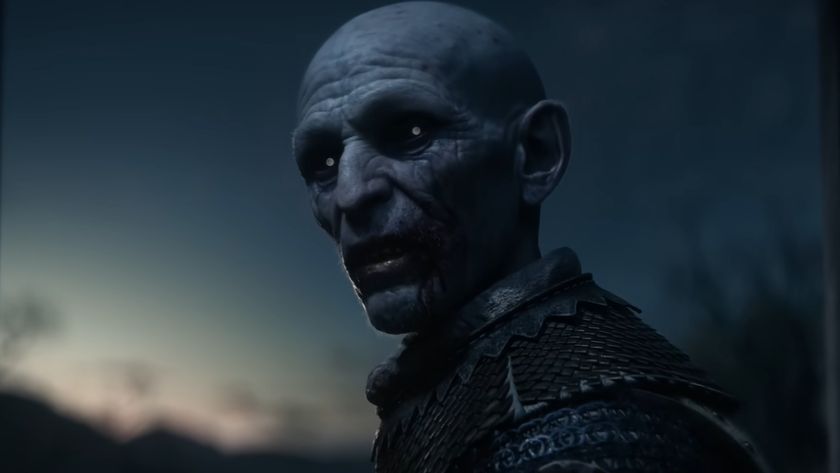

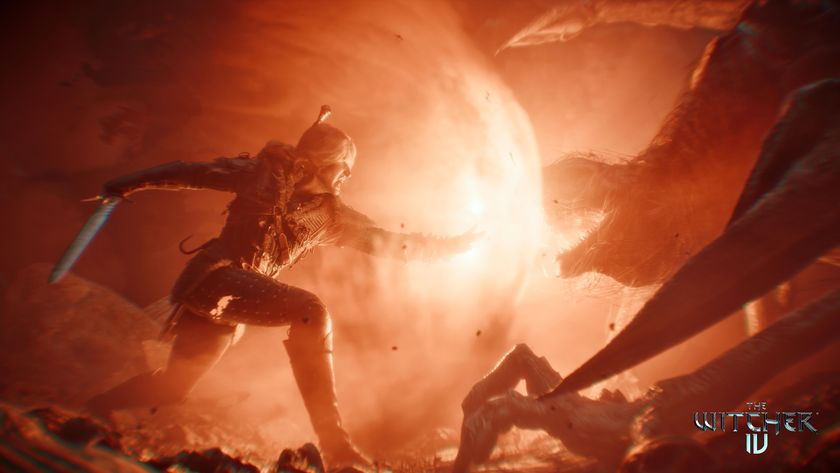
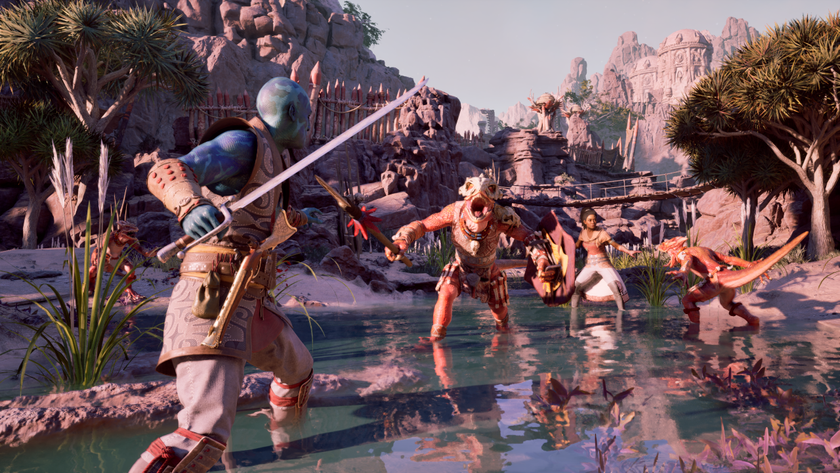
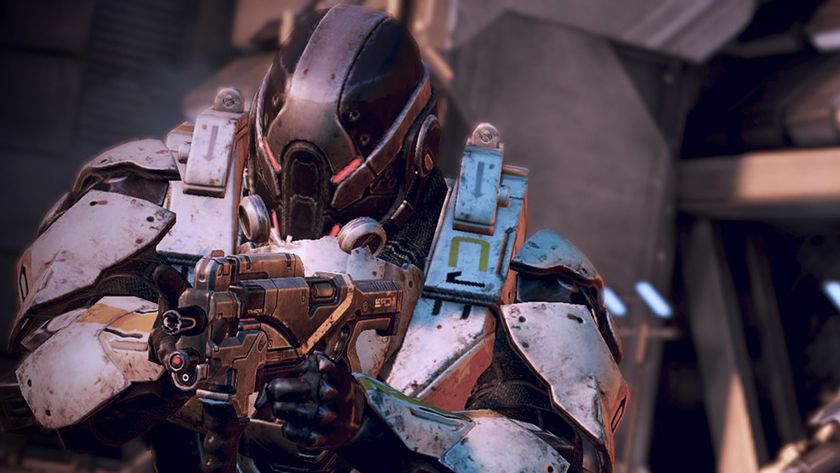



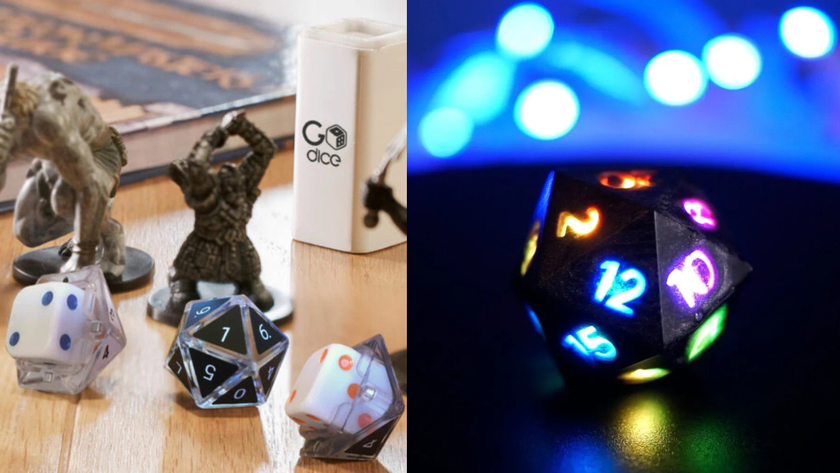
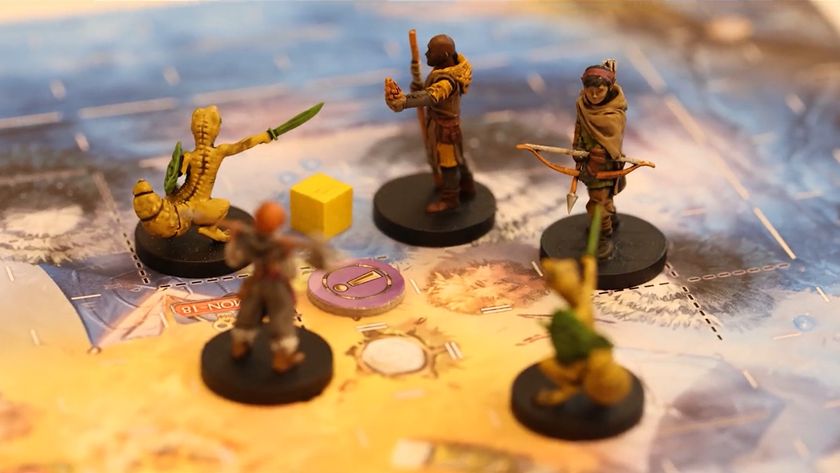


The Witcher 3 lead says "not many games" were trying to match the RPG back in 2015, and that meant "there was a risk" to making it in the first place

The Witcher 3 dev says his new vampire RPG Blood of Dawnwalker wants to challenge genre conventions, but only if "we're changing them to actually achieve some goal"
